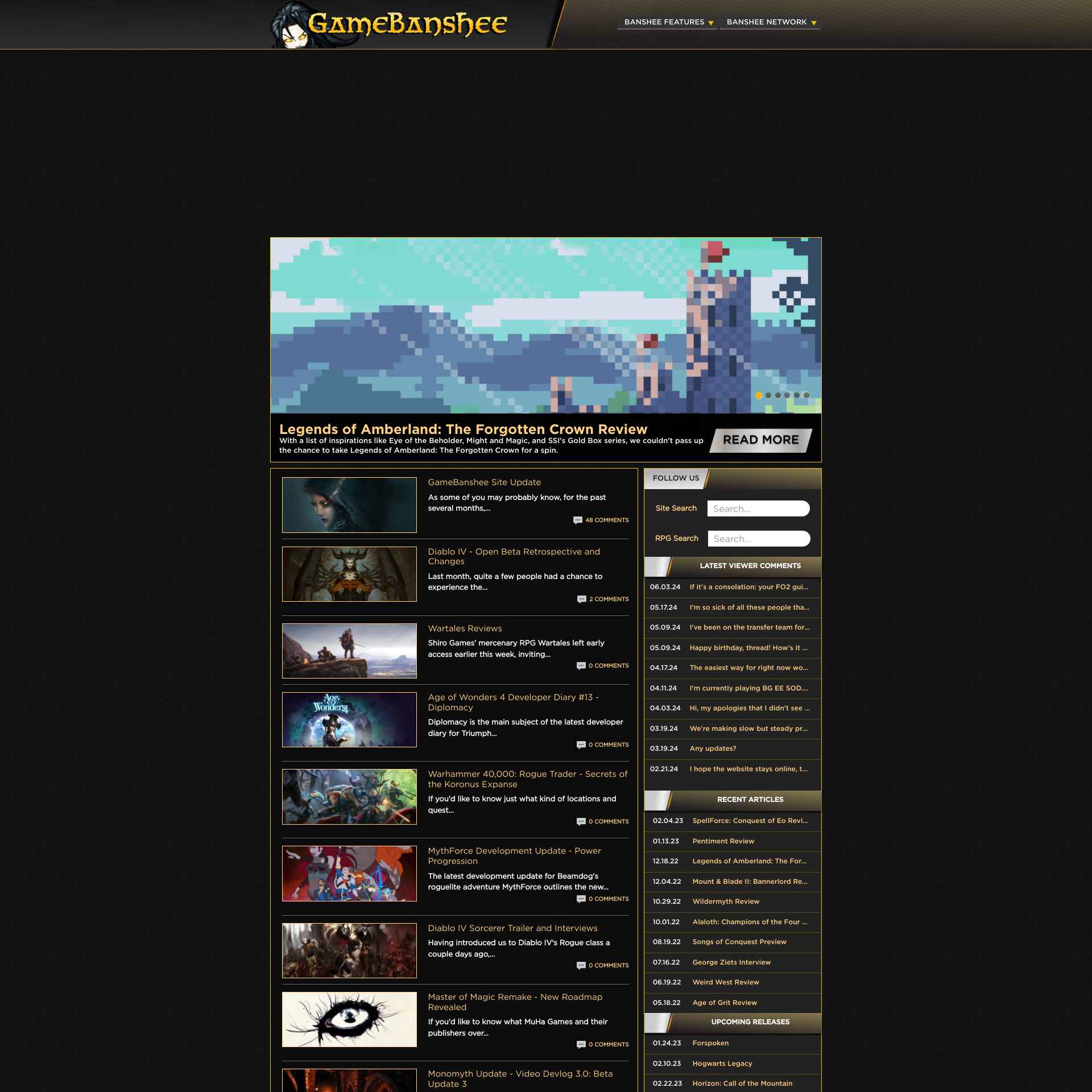In an era where sustainability is more crucial than ever, the Aquaculture Alliance stands at the forefront of promoting responsible aquaculture practices globally. Founded in 1997, the organization has made significant strides in shaping industry standards that not only ensure the production of seafood but also protect the environment and support local communities.
The Aquaculture Alliance operates with a clear mission: to support the development of environmentally and socially responsible aquaculture practices. Their website, https://aquaculturealliance.org, serves as a vital resource for stakeholders in the aquaculture industry, including producers, buyers, researchers, and consumers. Through extensive educational materials, advocacy initiatives, and partnerships, the organization aims to foster a more sustainable and responsible seafood supply chain.
One of the cornerstone initiatives of the Aquaculture Alliance is the Best Aquaculture Practices (BAP) certification program. This comprehensive certification framework addresses crucial aspects of aquaculture production, encompassing environmental responsibility, animal welfare, food safety, and social accountability. As the world’s largest third-party aquaculture certification program, BAP sets rigorous standards that farms, processing plants, and hatcheries must meet to ensure their seafood products are sustainable and ethically produced.
The BAP program has gained significant traction in the industry, with thousands of facilities across several countries achieving certification. By highlighting and rewarding producers who adhere to high standards, the Aquaculture Alliance helps consumers make informed choices while encouraging others to adopt sustainable practices.
In addition to certification, the Aquaculture Alliance actively engages in global dialogue about the future of aquaculture. The organization participates in conferences, workshops, and industry meetings to advocate for responsible practices and create awareness about the importance of sustainability in seafood production. They also collaborate with other organizations, governments, and academic institutions to share best practices and drive innovation within the aquaculture sector.
The Aquaculture Alliance’s commitment to education extends to consumers, with resources that aim to raise awareness about the importance of choosing responsibly farmed seafood. Their website features a comprehensive library of articles, research reports, and guides that inform consumers about the environmental impact of aquaculture and the benefits of sustainable seafood choices.
Furthermore, the organization leverages social media and digital campaigns to reach a broader audience, emphasizing transparency and traceability in seafood sourcing. By spotlighting success stories and engaging narratives, they promote a culture of sustainability that resonates with both industry professionals and casual consumers.
As seafood consumption continues to rise globally, the challenges of overfishing and environmental degradation become ever more pressing. The Aquaculture Alliance plays a critical role in addressing these challenges by promoting practices that not only protect marine ecosystems but also ensure the livelihoods of communities dependent on aquaculture.
In a world where consumer preferences increasingly lean towards sustainable options, the Aquaculture Alliance serves as a beacon for change in the seafood industry. Their ongoing efforts to improve aquaculture standards herald a brighter and more sustainable future for seafood lovers everywhere, ensuring that the delicacies we enjoy today do not come at the expense of tomorrow’s generations.
For those interested in learning more or getting involved, the Aquaculture Alliance’s website is a treasure trove of information, advocacy tools, and networking opportunities—all aimed at advancing sustainable aquaculture practices worldwide.
The source of the article is from the blog oinegro.com.br



